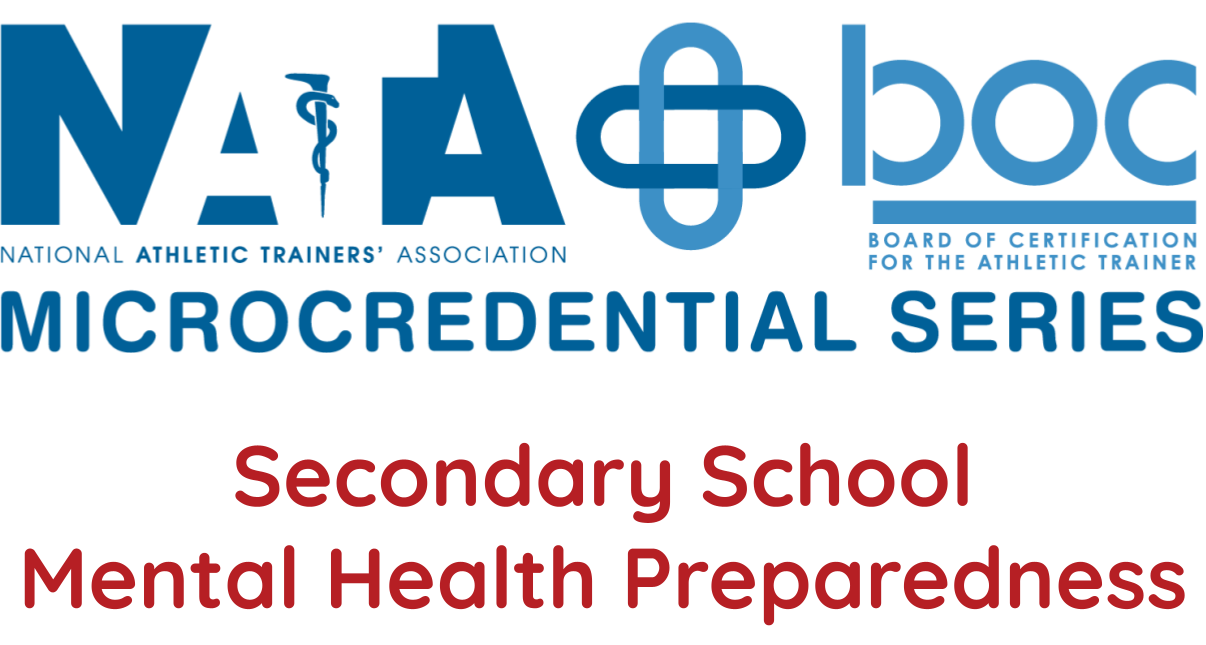
Mark Knoblauch, PhD, LAT, ATC, CSCS
Mark Knoblauch PhD LAT ATC CSCS was named program director for the Master of Athletic Training program in 2023 after serving nearly 10 years as clinical coordinator. He has been a certified athletic trainer since 1996, licensed athletic trainer in Texas since 1999, and a Certified Strength and Conditioning Specialist since 1997, and is a former EMT.
Dr. Knoblauch received his bachelor’s degree in exercise science from Wichita State University, his master’s degree in kinesiology from UNLV, and his doctorate in kinesiology from the University of Houston where his dissertation project involved the study of how chronic high cholesterol influences skeletal muscle damage after strenuous activity. He then completed a post-doctoral fellowship in molecular physiology and biophysics at Baylor College of Medicine where his primary research project revealed how statin drugs can negatively influence myofiber signaling mechanisms.
Prior to receiving his doctorate, Dr. Knoblauch worked clinically as the head athletic trainer at Pratt Community College (KS) and Lamar University. He has chaired multiple national and regional committees and has served as a site visitor for the Commission on Accreditation of Athletic Training Education (CAATE). He has also served as editor for multiple academic textbooks in professional writing and nutrition and has published numerous consumer health books on the topic of vestibular disorders.


